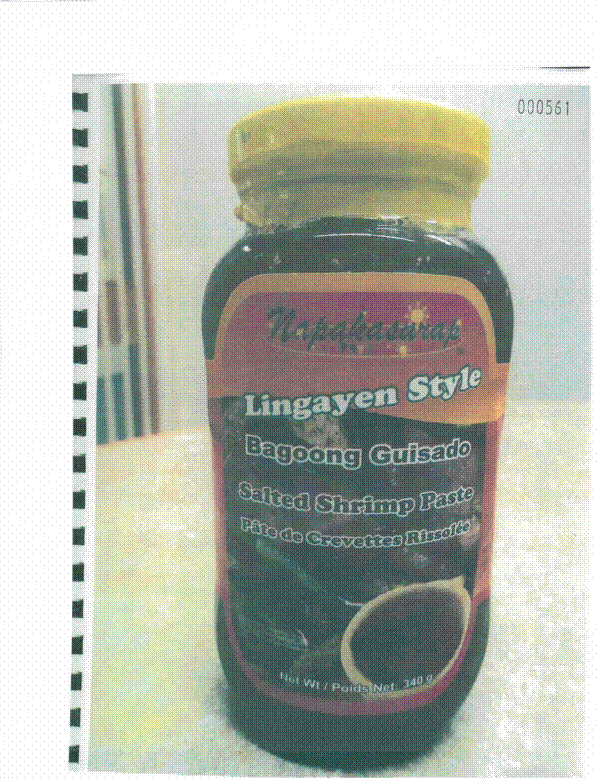Trademark Series: Can a Geographical Name be a Trademark?
By Richard Stobbe
Let’s take an example. Is the word PARIS registrable as a trademark in Canada? A quick search of the registry shows that there are over 250 registered marks which contain the word PARIS for everything from jewelry to software to real estate management services.
A geographical name can be registrable. It depends. The issue is whether the word is “clearly descriptive or deceptively misdescriptive” in the English or French languages of the place of origin of the goods or services.
In MC Imports Inc. v. AFOD Ltd., a 2016 case Federal Court of Appeal decision, the court reviewed a challenge to the registered mark LINGAYEN in association with fish sauce and shrimp paste products. The owner of the LINGAYEN mark had sued a competitor for infringement; the competitor sold shrimp paste under a different brand, but the packaging included the phrase “Lingayen Style” to describe its product. This reference to “Lingayen” was, according to the claim, an infringement of the LINGAYEN registered mark.
Lingayen is a municipality in the Philippines known for its distinctive shrimp paste products. Thus, the court found that the use of the phrase “Lingayen Style” was not use of the word for trademark purposes, but was used to describe the place of origin of the goods with which it is associated.  Therefore, there was no infringement.
When considering a geographical trademark, ensure that you seek experienced counsel.

Calgary – 07:00 MST
2 comments
[…] our earlier post on this topic (Trademark Series: Can a Geographical Name be a Trademark?), we noted that a geographical name can be registrable as a trademark in Canada. The issue is […]
[…] reading our other articles on geographical locations as trademarks, you might wonder how this works. You might say “Hang on… if a trademark is based […]